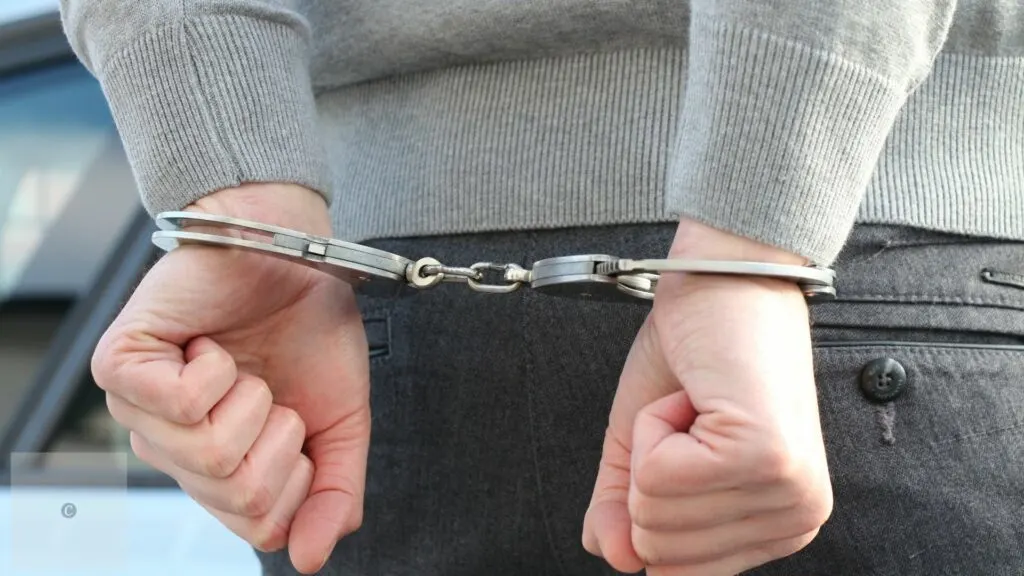Learning that your child has been arrested can be one of the most frightening moments of a parent’s life. Juvenile arrests make an impact through education, job opportunities, and everyday living. But now is the time to make sure that the right steps are taken for the protection of a lifetime yet to come.

In this article, we’ll discuss the legal processes in a juvenile case, how to reduce the long-term effects of a juvenile arrest, and specific steps that parents can take to support their children during this dark moment in their life.
Understanding the Juvenile Justice System
Ways in Which Juvenile Court Differs from Adult Court
The juvenile justice system is aimed at rehabilitating, rather than punishing, youth. Juvenile courts tend to place emphasis on education, counseling, and community-based solutions that help youths learn from their mistakes and avoid getting into further trouble.
Furthermore, juveniles have certain protections legally that adults don’t, such as the confidentiality of their records. These things can make quite a bit of difference in keeping long-term damage off your child’s reputation and future opportunities.
The Role of a Juvenile Defense Attorney
The most important measure that you should take in order to protect your child is hiring an experienced San Diego juvenile attorney. Juvenile law has its own specialized area, and an attorney who understands all these nuances will be able to navigate the system in your best favor. A good lawyer can negotiate for alternatives to formal charges, such as diversion programs or probation, which can prevent your child from having a permanent criminal record.
Legal Steps to Protect Your Child’s Future
The Importance of Early Intervention
With juvenile cases, timing is crucial. At the time of the arrest, you should seek immediate legal advice and know what rights your child has. The early intervention may open the possibility of better outcomes—lessened charges or alternative procedures and programs that stress rehabilitation over punishment.
A defense attorney can go a step further and try to negotiate with the prosecutor for alternative sentences that would keep your child from heading to juvenile detention. Sometimes, successfully completed diversion programs consisting of counseling, community service, or educational programs may lead to the charges being dropped in some instances.
Expunging and Sealing Juvenile Records
Even if your child is adjudicated delinquent, their future can still be protected through record expungement or sealing. Juvenile records are typically confidential, but that doesn’t mean they disappear when your child turns 18. In many cases, action must be taken in court to require the record to be sealed or expunged.
By expungement, the arrest or conviction is taken off your child’s record, so he or she does not have to carry the weight of a past mistake on into the future in college admissions or job applications. Not all offenses can be expunged, so you must consult an attorney to know your options.
Rehabilitation and Personal Support
Encouraging Participation in Rehabilitation
For many juveniles, judges and courts usually set an eye on rehabilitation rather than punishment. Encouraging your child to become involved in such programs may play a major role, both when the move is voluntary and when it has been imposed as a sentence, in setting up their behavioral and attitudinal reformation. A lot of rehabilitation programs involve counseling, community service, or educational lessons that aim at providing the juvenile with the know-how and insight to avoid future trouble.
For example, an anger management or conflict resolution program would provide the opportunity for a young person to learn about the consequences of their behaviors and how to make better decisions in the future.
The Role of Family Support in Recovery
Understanding the legal process is very important, yet equal to it is emotional and personal support given by the family. A juvenile arrest can be traumatizing for a child and family. It is of great value to open the lines of communication wide in an effort to help them through this. Show your child that they are not alone and that the family is committed to helping them move forward.
Besides, an open dialogue will go a long way in enabling your child to deal with emotional stress through the counseling support groups and, at the same time, be able to navigate through the subsequent challenges.
Long-Term Considerations
Avoiding Repeat Offenses
One of the best protective measures for your child’s future is avoiding future occurrences. It is crucial, therefore, to help a child not be a repeat offender, which can be done by parents in various ways. You can enroll your child in structured activities through after-school programs and mentoring services, as these programs may provide positive influences and a supportive community. Setting clear limits and consequences at home can also deter further risky behavior.
Preparing for the Future
Even after you have resolved the arrest, it will still be important to concentrate on the long-term future of your child. Be it back in school, applying for jobs, or college planning, you can help your child reintegrate into a productive and positive life. Help them build a plan for their future that emphasizes personal growth, responsibility, and making the most of second chances.
When your child is arrested, this can be a traumatic experience. It need not define their future. The sooner you take action to seek legal advice, inquire about expungement of records, and get your child involved in rehabilitation, the more you can protect their future and give them the chance to live beyond this tough chapter in life.

Jessi is the creative mind behind The Coffee Mom, a popular blog that combines parenting advice, travel tips, and a love for all things Disney. As a trusted Disney influencer and passionate storyteller, Jessi’s authentic insights and relatable content resonate with readers worldwide.
